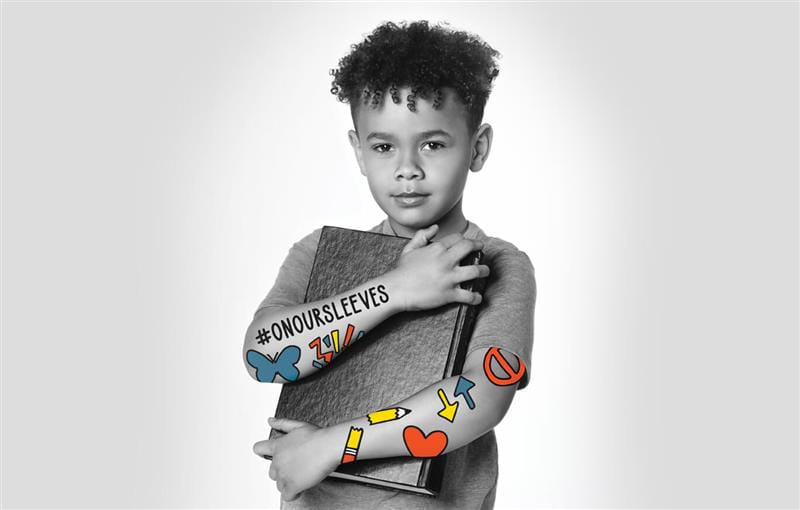Building a connection to others is important throughout a child’s life. For parents and children, this starts from birth. For others, it may start when you share a smile. Nurturing relationships matter whether they are with family, friends, coworkers, or classmates. Here’s why:
-
Happiness: Children who connect with one another are more likely to have positive emotions, such as happiness. Share laughter and kindness with each other to stay connected.
- Belonging: Creating close relationships with parents, children, and your community is great for mental health. Children who share a sense of belonging are less likely to experience isolation, anxiety, depression, and substance use.
- Communication: As a parent, it is important to let your child feel heard and understood. Engaging in conversations daily without distractions will help you initiate and maintain a connection that allows your child to feel important.
- Problem-solving: Children learn to overcome obstacles by observing and connecting with their parents. Playing with your child and modeling behavior you would like to see in them is highly encouraged to help develop problem-solving skills later in life.
- Emotional stability: Experiencing difficult times and stress is a part of life. A well-built connection between parents and children creates the appropriate emotional support to guide them on how to control their emotions, increase focus, decrease negative behaviors, and build resilience.
- Bonds between siblings: Nurturing the relationships between siblings can boost emotional well-being. Think about all the things they can learn from each other. Developing and maintaining relationships, resolving conflict, understanding empathy and support, and respecting differences, just to name a few.
-
Self-growth: Understanding other people can challenge us to see things through a different point of view. This may encourage us to reflect on our own values and opinions, creating a sense of self-awareness.
Now that we understand why building connections is so important, here are some ideas to foster those connections between one another:
-
Be intentional: Plan time with your family. The goal is to give your undivided attention and let your child decide on the activity. Avoid criticizing or telling them what to do. Committing to 15 minutes a day can make a huge difference in learning more about your child and building a strong relationship.
- Put down the screens: Screen time and media use can have a negative effect on communication skills and mental health. Encourage interaction and conversation without screens to focus on getting to know each other.
- Ask questions: To get the conversation started, ask an open-ended question such as “What is one thing you learned today?” or “What was your favorite thing that happened today?” Everyone can take turns answering.
- Good eats: Dedicating at least one meal a day together as family/friends without distractions to spend time with each other.
- Game night: Games are fun at any stage in life. Try to make it a team game and focus on the game, not who wins/loses.
- Take turns: We all like different activities or hobbies. By taking turns, you can teach your children how to share and interact with others and everyone gets a chance to pick.
- Work towards a common goal: Start a project and create small tasks for each family member or friend. This encourages teamwork and develops practical skills. Remember the importance of working as a team, taking breaks and praising hard work.
- You matter too: Remember to take care of yourself as a parent. You have hard days as well that affect you emotionally. Taking care of yourself will open more opportunities to connect with your child.
Written by: Jesse Blair, PGY-1 BayCare Pediatric Residency Program
Additional Resources:
Holiday Fun & Family Meaning: Connecting Our Lives
Sibling Synergy: Building Healthy Relationships at Home






